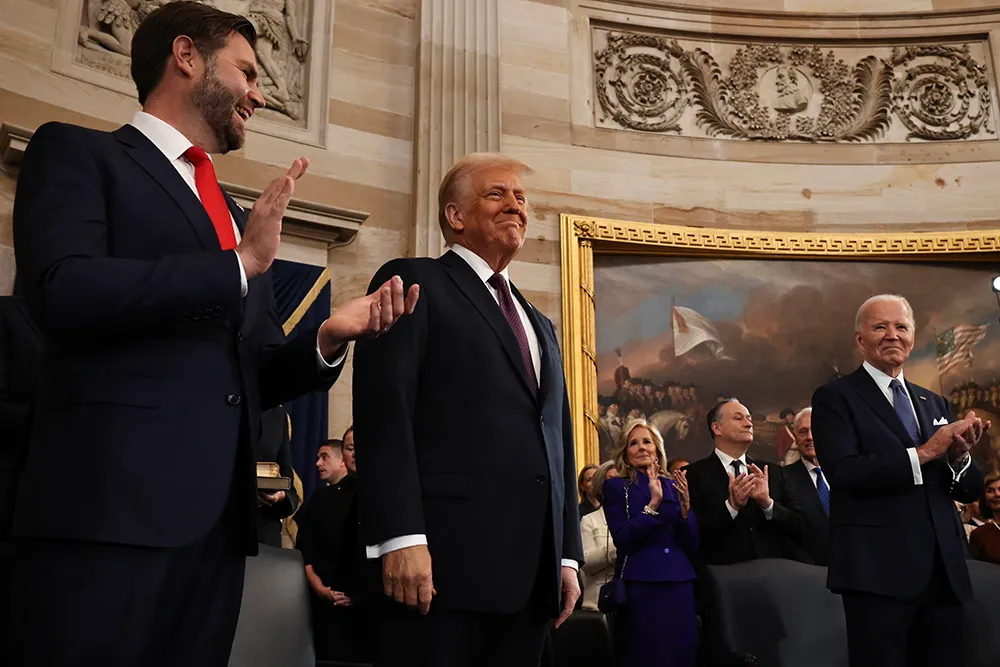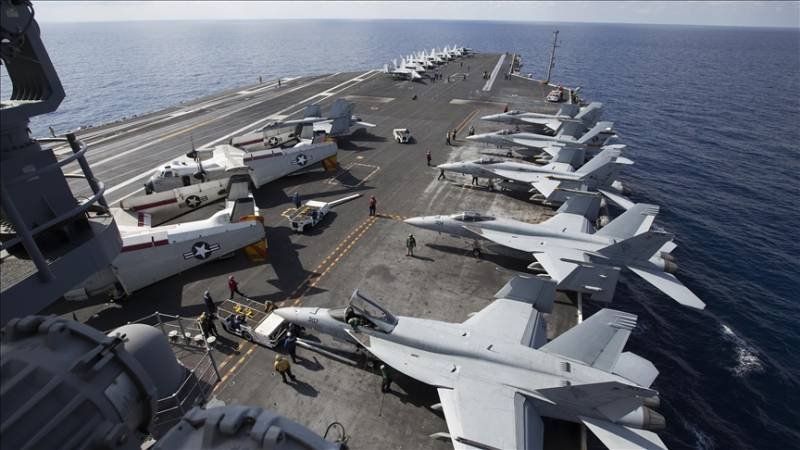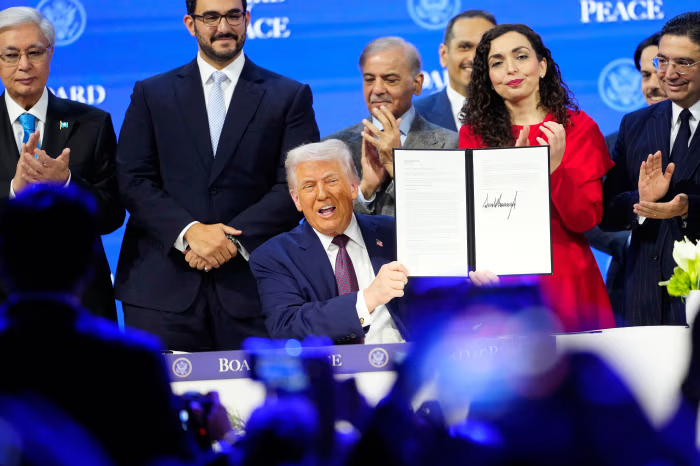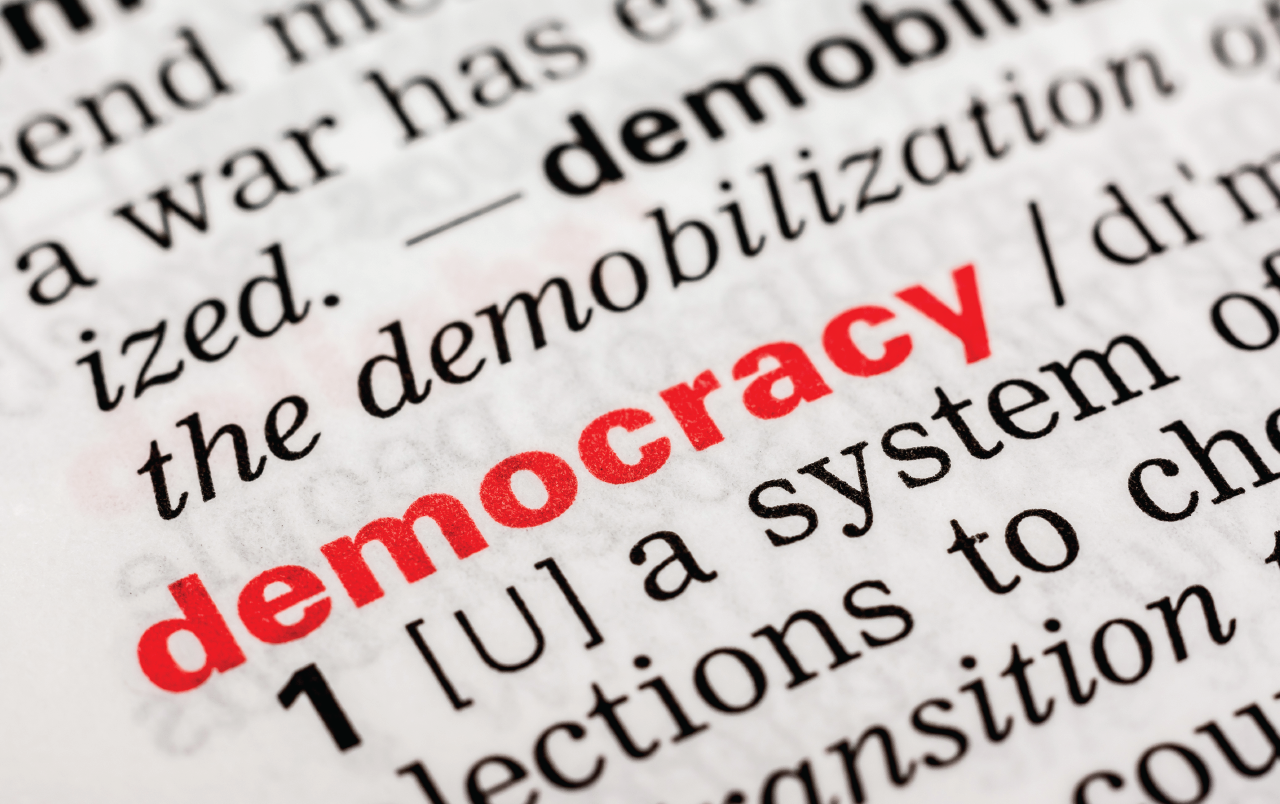Editorial
In a move that has stunned the international community, the United States froze nearly all foreign aid on January 25, 2025, under President Trump’s “America First” policy. The decision halts funding for essential programs, including PEPFAR, which has saved millions of lives through anti-HIV/AIDS initiatives. While emergency food aid and military assistance to key allies like Israel and Egypt remain unaffected, the freeze raises crucial questions about the U.S.’s role in global diplomacy and its long-standing foreign aid commitments.
This abrupt shift marks a sharp departure from the bipartisan consensus on American foreign aid. The U.S. has traditionally leveraged assistance as a tool of soft power, positioning itself as a champion of development and humanitarian efforts, especially in comparison to rival nations like China. By halting the bulk of aid, Washington risks undermining its credibility on the global stage, particularly among developing nations that rely on American support for health programs, anti-poverty initiatives, and infrastructure development.
Pl watch the video and subscribe to the YouTube channel of republicpolicy.com for quality podcasts:
For U.S. interests, the implications are significant. Foreign aid has often been used to strengthen alliances, promote stability, and counter geopolitical adversaries. Cutting or delaying this aid could open the door for adversaries like China and Russia to step in, further expanding their influence in strategic regions. The freeze also sends a concerning message to global leaders about the U.S.’s reliability as a partner, potentially eroding diplomatic trust and long-term relationships.
While Trump and his supporters argue that the freeze is necessary for fiscal responsibility and aligning aid with America’s interests, the broader geopolitical consequences are clear. The United States risks alienating allies, losing global influence, and shifting the balance of power in favor of its adversaries. As Congress debates the freeze’s future, it’s crucial to consider not only the economic ramifications but the long-term effects on global stability and U.S. leadership.















